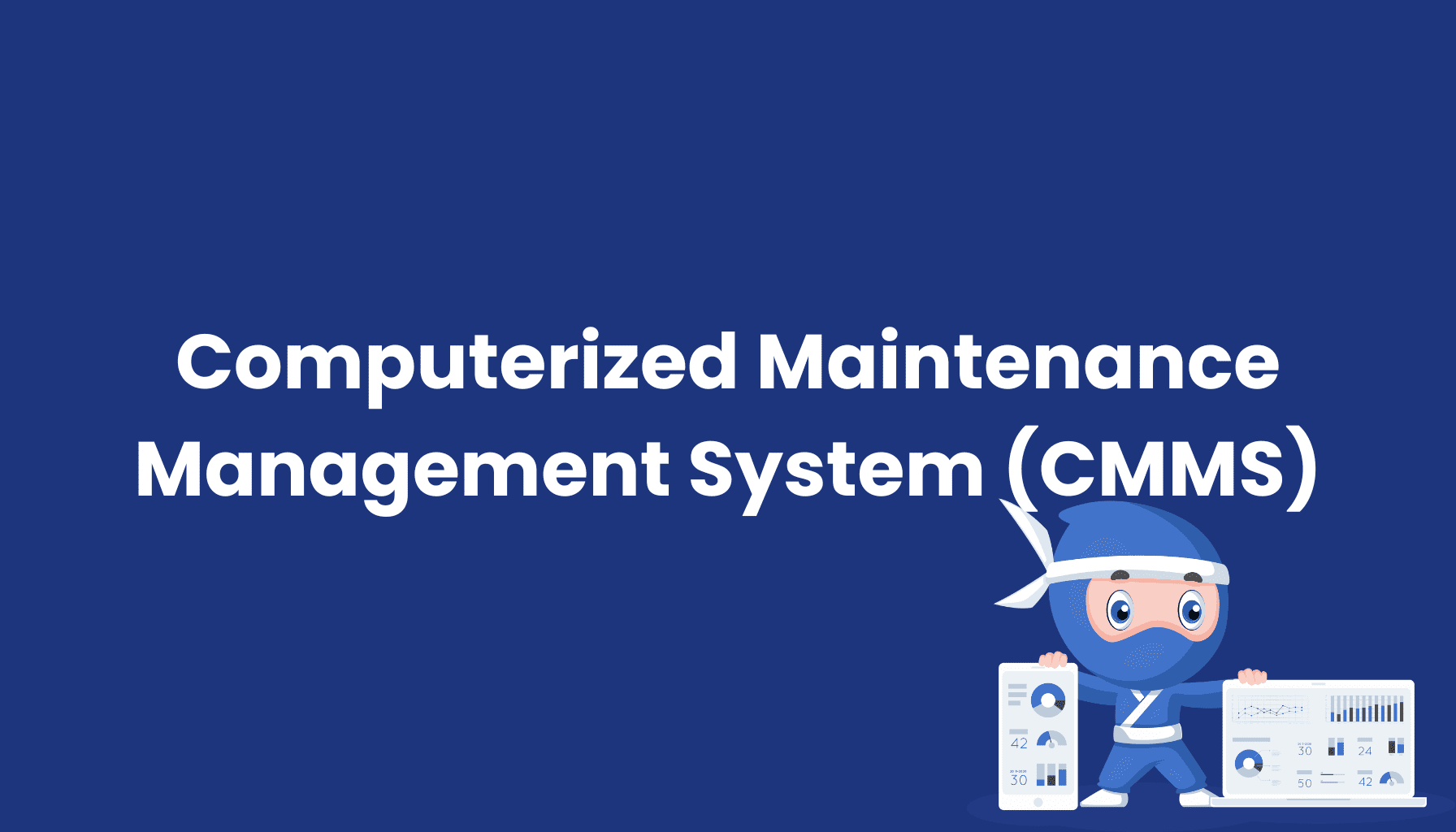Just-in-Sequence (JIS)

What is Just-in-Sequence (JIS)? Definition and Importance
Just-in-Sequence (JIS) is a logistics strategy that takes Just-in-Time (JIT) one step further by ensuring that components are delivered in the exact sequence they are needed for production. This approach reduces the need for intermediate storage and ensures seamless integration of parts into the production line.
Key Features of Just-in-Sequence
-
Sequence Delivery: Components and materials are delivered in the precise production sequence, allowing them to be immediately integrated into the production process without additional sorting.
-
Inventory Optimization: By synchronizing the delivery of components in sequence, companies can minimize inventory levels and reduce storage costs.
-
Production Flow: Components are available exactly when needed, optimizing the production flow and reducing lead times.
Benefits of JIS
-
Cost Reduction: Logistics and inventory costs are significantly reduced as unnecessary storage and sorting are eliminated.
-
Flexibility: JIS enables higher production flexibility, allowing for last-minute changes in production to be implemented more easily.
-
Efficiency Improvement: Optimized supply chain and smoother production processes lead to reduced production times, increasing overall efficiency.
JIS in the Automotive Industry
JIS is particularly important in the automotive industry, where components like seats, dashboards, or engines are installed in a specific sequence. JIS helps reduce costs and enhances production flexibility in this sector.





